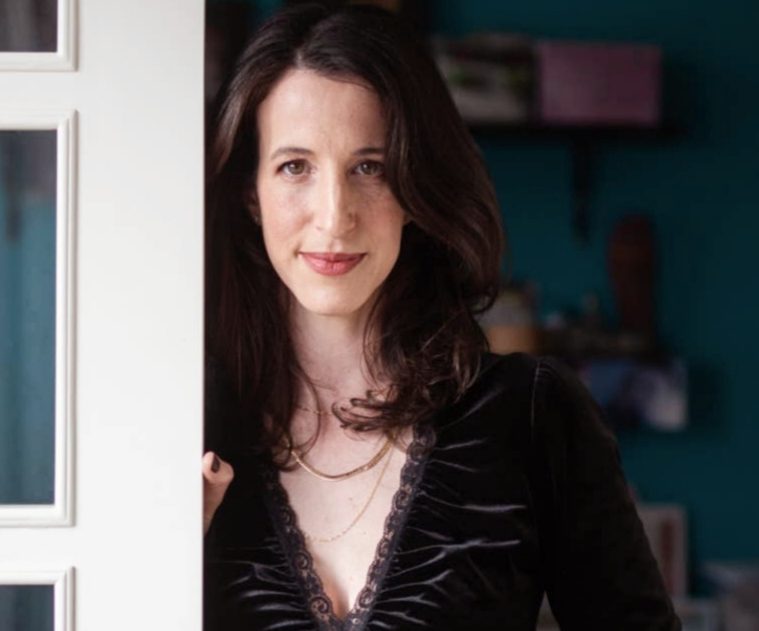BOOKS – “What Israel reads and writes after October 7,” a conversation with Sharai Shavit

As a writer, poet and publisher, Sarai Shavit knows the Israeli editorial market well. It is a complex and multifaceted landscape, in which the names of Dorit Rabinyan and Dror Mishani stand out in the bestseller charts of 2025. Rabinyan came back after seven years of silence with a deeply personal memoir, while Mishani is one of the most popular noir authors, even in Italy. They are joined by authors such as Colleen Hoover, Kristin Hannah and Chloe Walsh. While the philosopher Yuval Noah Harari remains one of the most popular authors, many readers in the tense atmosphere of the country find refuge in the teachings of Viktor E. Frankl.
“Israel has a historical tendency to write realistic fiction: stories about family, tales of the country’s origins, romances about war, military service, loss of a child, financial difficulties, and the conflict between Israel and Palestine,” Shavit told Pagine Ebraiche. She has been in Turin, Italy, since spring working on a university project about teaching Hebrew. ‘But today, also because of globalization, we can read the same things as Americans, Italians and French people. “Shavit, who has been part of the Israeli literary panorama for twenty years — she is the director of the historical magazine Moznayim and teaches creative writing at the University of Tel Aviv and the Bezalel Academy of Fine Arts in Jerusalem — has noticed that the field has become much more fluid thanks to independent publishing houses, self-publishing platforms and social networks.
New genres are emerging, such as Hebrew psychological thrillers, which were once almost absent. Thanks to social media, poetry has also experienced a resurgence. “It’s short; you can read it quickly, and just a few verses touch on emotions. During this time of war, many poems written after October 7 have gone viral and been shared thousands of times. We are not talking about commercial success, but cultural success: readings that help people to process their pain, even if they are not able to solve it.”
On an international level, Shavit continued, “Many literary agents testify that it has become quite difficult to publish Israeli authors abroad since October 7, 2023. Perhaps I am an exception: during the war, I published a book of poems in Italy called Lettera d’amore e d’assenza (Letters of Love and Absence) with Neri Pozza. It won a prize, and has been sold in three other countries. However, my book is not a typical Israeli romance; it is a love story written in verse. If I were to propose a realistic novel set in an Israeli household, I fear doors would close.” It is a bitter consideration to make, mainly because, as the writer said, “for the most part, Israeli writers are the first to speak out against the government and the war, and advocate for peace.”
Meanwhile, people in Israel are writing and reading about the war. “I expected these themes to be avoided, but Israeli readers want to face the war from a cultural point of view too. One of the books that struck me the most was The Little Picture: An Unheroic War Diary by Dror Mishani, a memoir written during the first weeks of the conflict. While reading it, I realised that many writers feel the need to write about the Israeli situation after October 7 immediately, while others, like myself, need more time to process it. Another example is the book by the poet and historian Haviva Pedaya, which is unique in its genre: a commentary on the biblical text according to Rashi’s exegesis, reinterpreted considering Hamas’s massacres and the war.”
Arab and Palestinian literature is still not very widespread amongst Israeli readers. “Before starting the project to collect bilingual (Jewish-Arab) works that I am curating, I knew very little about Palestinian literature,” admitted Shavit. “Students are not taught anything about it, and it is a shame. Abraham Yehoshua used to say that to understand Palestinians, one needs to read their books. Having done so, I have to agree.”
Daniel Reichel
